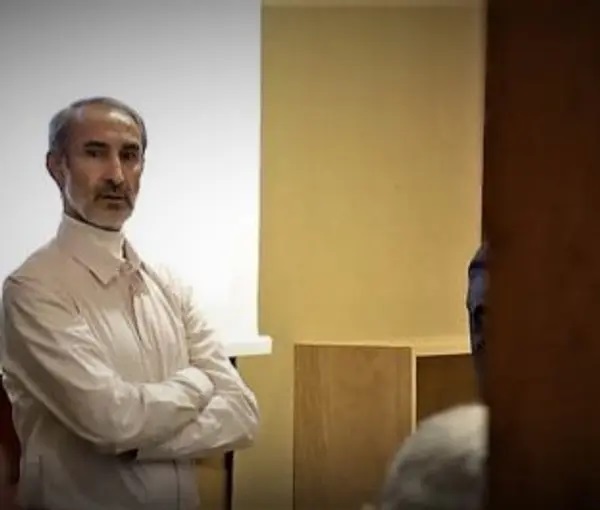The district court in Stockholm announced on Thursday the sentence against Hamid Noury, a former Iranian official, who was apprehended in Arlanda airport in 2019 when visiting Sweden and accused of international crime ("folkrättsbrott" in Swedish).
As previously reported, the trial against him is indirectly linked to the Swedish – Iranian researcher Ahmadreza Djalali, who has been imprisoned in Teheran since 2016 and sentenced to death for espionage on trump-up charges. The case of Djalali, a guest researcher in disaster medicine at VUB in Brussels, is also linked to a legislative proposal for a treaty between Belgium and Iran on the transfer of convicted persons.
The proposal was supposed to be put to a vote in the plenary of the Belgian federal parliament today (14 July) but the vote has been postponed to Tuesday next week.
The Swedish court found Noury guilty to executions of hundreds of political prisoners in Iran in Summer 1998 at the order of the supreme leader at that time. The current president of Iran, Ebrahim Rais, was accused during the trial of being Noury’s superior. The Swedish judge admitted that it had been difficult to assess the reliability of oral testimonies about events that took place in 1988.
The prosecutor said at the start of the trial that it sent an important signal that even crimes committed outside Sweden many years ago can be indicted in Sweden. This contrasted to Sweden’s behavior after WWII when it did not prosecute Nazi war criminals who had fled to Sweden or its own citizens who had volunteered for the Nazi war machine.
A spokesperson for the Swedish ministry of foreign affairs told The Brussels Times that Sweden has no treaty in place with Iran on the transfer of convicted persons.
Asked if Sweden’s policy to save Djalali could be influenced by the sentence in the trial against Noury he replied that the independence of Swedish courts is a fundamental principle. “The government can neither interfere in the handling of individual cases nor comment on the court’s judgement.“
The spokesperson added that the efforts for the release of Djalali continue and that his situation is continuously brought up with high-level representatives of Iran. “The case is in the hand of Iran. We can only continue, together with our partners, to vigorously demand that he is set free and pardoned on humanitarian grounds and that we’ll be allowed to visit him.”
M. Apelblat
The Brussels Times

